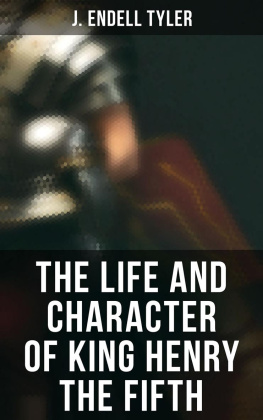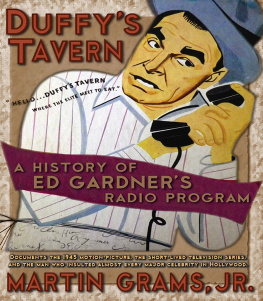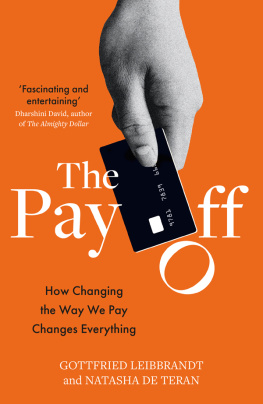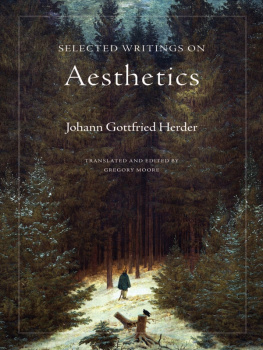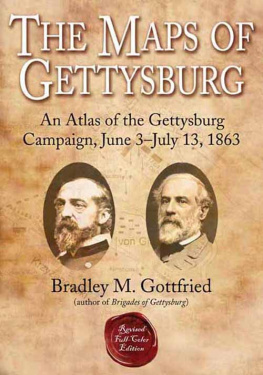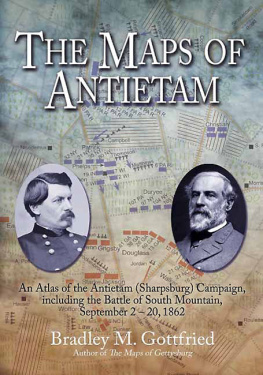| Note: | Images of the original pages are available through Internet Archive. See http://archive.org/details/oldtavernsignsex00enderich |
Old Tavern Signs
by Fritz Endell
Old Tavern Signs
Old Dutch Signs
From a Painting by Gerrit and Job Berkheyden
Old Tavern Signs
An Excursion in the History
of Hospitality by
Fritz Endell
With Illustrations by the Author
Published by Houghton Mifflin Company
Printed at The Riverside Press Cambridge
Mdccccxvi
COPYRIGHT, 1916, BY HOUGHTON MIFFLIN COMPANY
ALL RIGHTS RESERVED
Published November 1916
THIS EDITION, PRINTED AT THE RIVERSIDE PRESS, CAMBRIDGE, CONSISTS OF FIVE HUNDRED AND FIFTY NUMBERED COPIES, OF WHICH FIVE HUNDRED ARE FOR SALE. THIS IS NUMBER 5
Preface
For a sign! as indeed man, with his singular imaginative faculties, can do little or nothing without signs.
Carlyle
The authors love of the subject is his only apology for his bold undertaking. First it was the filigree quality and the beauty of the delicate tracery of the wrought-iron signs in the picturesque villages of southern Germany that attracted his attention; then their deep symbolic significance exerted its influence more and more over his mind, and tempted him at last to follow their history back until he could discover its multifarious relations to the thought and feeling of earlier generations.
For the shaping of the English text the author is greatly indebted to his American friends Mr. D. S. Muzzey, Mr. Emil Heinrich Richter, and Mr. Carleton Noyes.
CHAPTER I
HOSPITALITY AND ITS TOKENS
Und es ist vorteilhaft, den Genius
Bewirten: giebst du ihm ein Gastgeschenk,
So lsst er dir ein schneres zurck.
Die Sttte, die ein guter Mensch betrat, Ist eingeweiht....
Goethe.
To house a genius is a privilege;
How fine so eer a gift thou givest him,
He leaves a finer one behind for thee.
The spot is hallowed where a good man treads.
Without a question, the first journey that ever mortals made on this round earth was the unwilling flight of Adam and Eve from the Garden of Eden out into an empty world. Many of us who condemn this world as a vale of tears would gladly make the return journey into Paradise, picturing in bright colors the road that our first parents trod in bitterness and woe. Happy in a Paradise in which all the beauties of the first creation were spread before their eyes, where no enemies lurked, and where even the wild beasts were faithful companions, Adam and Eve could not, with the least semblance of reason, plead as an excuse for traveling that constraint which springs from mans inward unrest striving for the perfect haven of peace beyond the vicissitudes of his lot.
And as Adam and Eve went out, weak and friendless, into a strange world, so it was long before their poor descendants dared to leave their sheltering homes and fare forth into unknown and distant parts. Still, the bitter trials which the earliest travelers had to bear implanted in their hearts the seeds of a valor which has won the praise of all the spiritual leaders of men, from the Old Testament worthies, with their injunction to care for the stranger within the gates, to the divine words of the Nazarene: I was a stranger, and ye took me in.... Verily I say unto you, Inasmuch as ye have done it unto one of the least of these my brethren, ye have done it unto me.
Our first parents, naturally, could not enjoy the blessings of hospitality. And still, in later ages, they have not infrequently been depicted on signs which hosts have hung out to proclaim a hospitality not gratuitous but hearty. So in one of Hogarths drawings, of the year 1750, The March of the Guards towards Scotland, which the artist himself later etched, and dedicated to Frederick the Great, we see Adam and Eve figuring on a tavern sign. No visitor to London should fail to see this work of the English painter-satirist. One may see a copy of it, with other distinguished pictures, in the large hall of a foundling asylum established in 1739, especially for the merciful purpose of caring for illegitimate children in the cruel early years of their life. This hall, which is filled with valuable mementos of great men, like Hndel, is open to visitors after church services on Sundays. And we would advise the tourist who is not dismayed by the thought of an hours sermon to attend the service. If he finds it difficult to follow the preacher in his theological flights, he has but to sit quiet and raise his eyes to the gallery, where a circlet of fresh child faces surrounds the stately heads of the precentor and the organist. At the end of the service let him not forget to glance into the dining-hall, where all the little folks are seated at the long fairy tables, with a clear green leaf of lettuce in each tiny plate, and each rosy face buried in a mug of gleaming milk. This picture will be dearer to him in memory than many a canvas of noted masters in the National Gallery.


